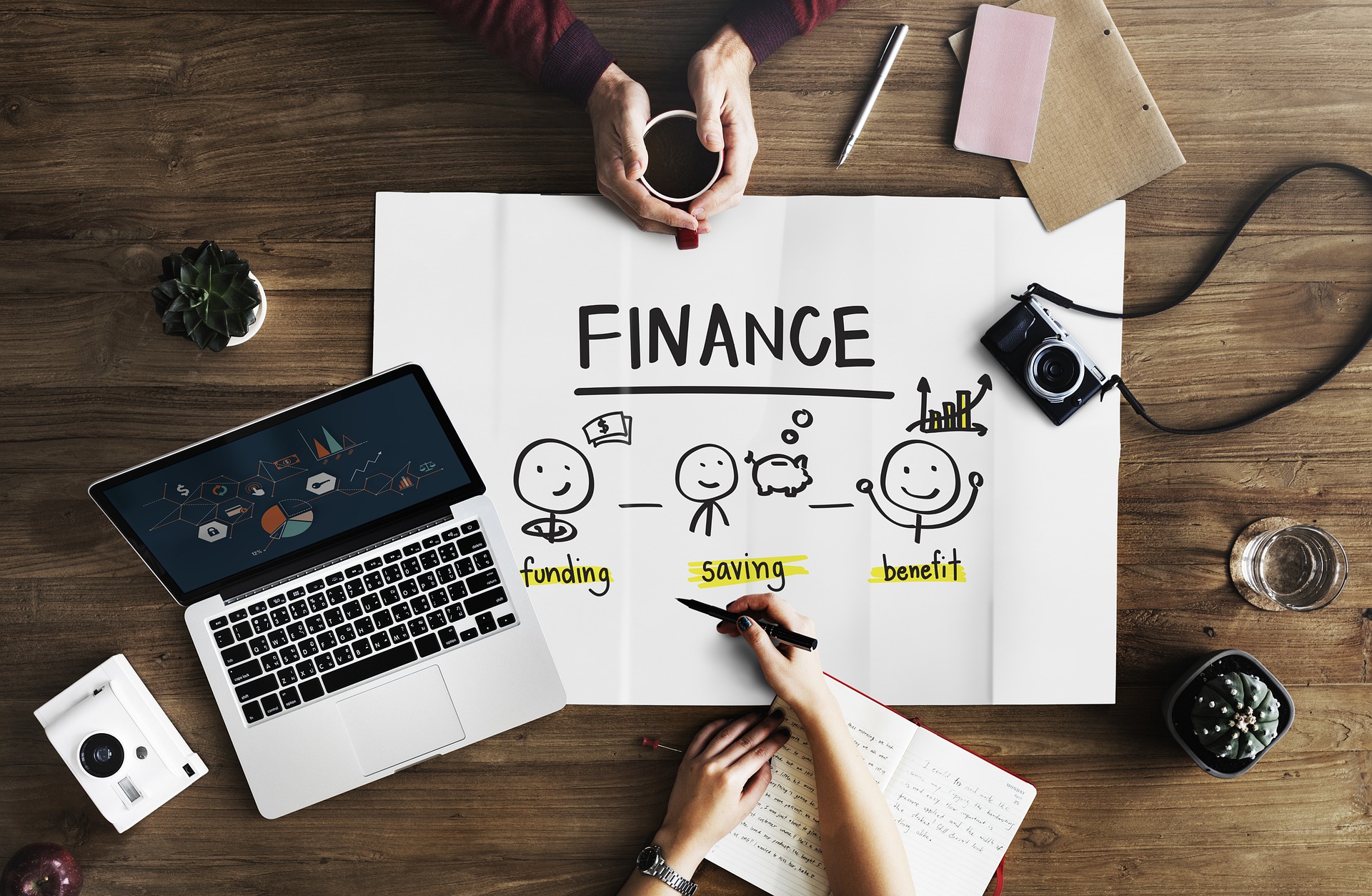We all have a fear of the unknown. And emergencies are a part of that fear…
Emergencies burn through our savings (for those who save). And if you’re not saving, you’re working hard to pay debt.
However, emergencies can be dealt with – assuming you have the right financial habits in place.
And today, we’ll discuss those habits. We’ll mention 5 ways to prepare and deal with disasters.
Check out the list, and get started!
#1 – Reduce Your Major Financial Obligations.
It’s hard to deal with emergencies when you already have many debts to pay off…
Those debts come in many forms. They come in the form of school loans, a new home, and car leases…
If you can – try to drop some of those obligations.
Start with the least vital. Downgrade your lifestyle, and strive to live in a manner where you can save money.
How Much Should I Save?
Aim to save 20% of your income.
Obviously, the more, the better. But consider that value a baseline for a good savings account.
And speaking of savings…
#2 – Don’t Invest Your Emergency Savings.
You might be tempted to grab whatever you’ve saved to start a new venture.
That might be a new business, or entry to the stock market. Or, you might be tempted to invest in a close one’s project.
Now, there’s nothing wrong with investing. But always make sure that you’re not doing so with emergency savings.
Setup TWO Savings Account.
Set aside one account for the actual emergencies. And keep the other for potential business projects.
You can divide your savings in a 50-50 manner among each account. But the point is, you need untouchable savings for emergencies.
#3 – Ask for Compensation.
Not all emergencies are your fault. Some are caused by other peoples’ negligence.
Automobile accidents are a good example. They’re emergencies, and sometimes, another driver is at fault.
In those situations, you’ll want compensation. You’ll need those responsible to pay for your health recovery and automobile fixes.
Tip: Find a Good Lawyer.
An automobile accident lawyer can get you far.
They’ll represent you properly in court, helping you get compensation – especially if your case gets to the point of a trial.
#4 – Prepare a Proper Budget.
Budgeting isn’t easy. It’s a habit that requires attention to detail, and you’ve got to stay committed to one.
However, it is necessary for emergencies. Without a budget, you might overspend on what you consider basics.
You might hemorrhage a lot of money per month that you could otherwise save.
Budgeting for Efficiency.
When designing a budget, take care not to deprive yourself.
Deprivation can make you despise setting a budget. And you might end up relapsing into a reckless consumerist spree.
Basically, keep in-mind that the purpose of a budget is efficiency. It ensures you stay conscious of the amount you spend each month.
An Opportunity to Cut Obligations.
You can tie this tip to the first. That is, you can analyze and see where most of your money is going…
From there, you can cut major money sinkholes as you see necessary!
#5 – Look at Resale Value.
This is a shopping advice.
When buying expensive items, look at how much you get back on-resale. Try not to lose much value on what you buy.
Whether that be a car, or a new phone – look at long-term value.
If possible, when shopping for expensive items, look for longevity. It means you spend less money for repairs and replacements in the long-run.
That way, you save more money, helping you adequately prepare for emergencies!


